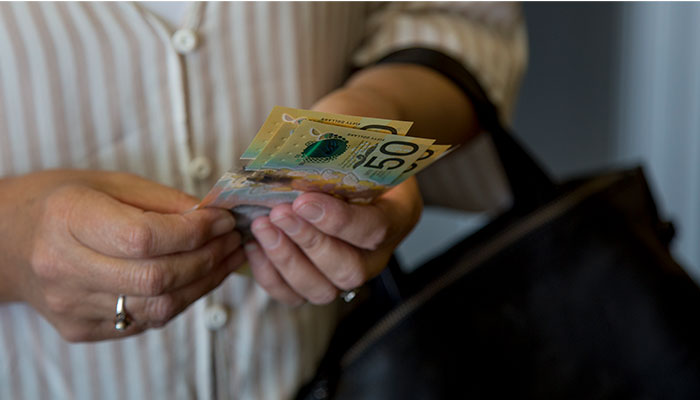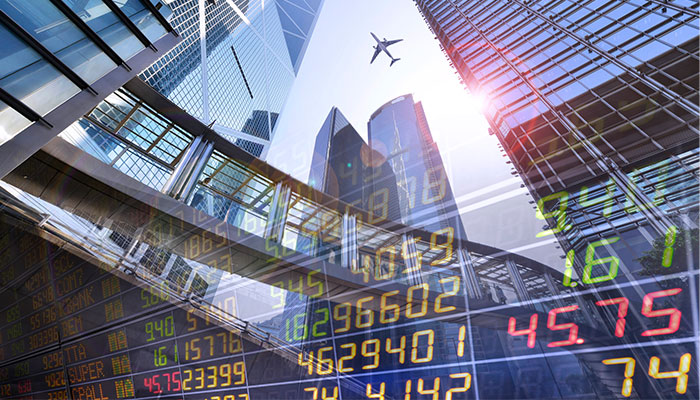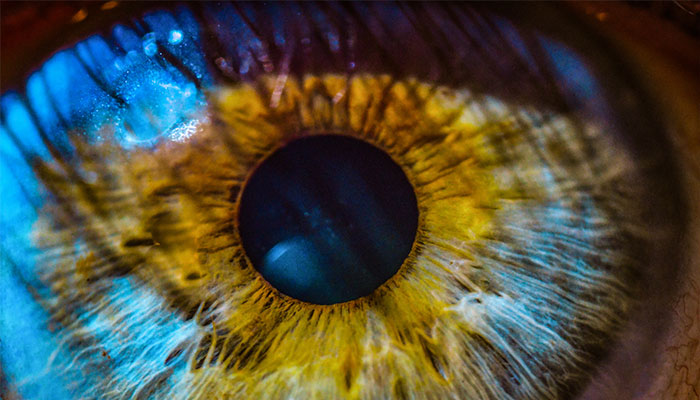When you buy a house, you pay a solicitor to verify the property’s ownership and check for outstanding loans or other title restrictions. But what if this information was available to you instantly and was 100 per cent accurate? This is just one example of what blockchain technology promises.

More than Bitcoin: Professor Tom Smith explains how blockchain technology will change the way we buy a house, do our supermarket shopping, listen to music – and much more.
Blockchain simplified
A blockchain is like a global database that runs on millions of computers and holds a chain of historical records. Each computer has a real-time version of this digital ledger, so there is no single master copy – and therefore no security weak point. It’s ‘open source’, meaning all participants can see everything that is going on, and it doesn’t need a central authority, like a bank, to verify and conduct transactions (one of the earliest blockchains was built to support the cryptocurrency Bitcoin).
How will it change the world?
While the terms ‘fintech’ (financial technology) and blockchain sound excitingly futuristic, blockchain isn’t a particularly sexy technology. Things will change mainly behind the scenes – like when computer automation replaced manual bookkeeping and office filing cabinets.
It could revolutionise the music industry by removing intermediaries like record companies and streaming services, putting the artists in full control of the distribution of their music.
The potential business applications are endless, because almost any structured information can be stored in a blockchain. Each item of clothing could have its provenance built into the garment as a digital marker. When you buy a shirt you’ll know where the cotton was grown, milled, and sewn together. This will mean the end of the counterfeit clothing industry.
- Internet download speed rockets to 10 gigabytes per second using 'magic' chip
- Better pictures from space on the way thanks to new astronoy squad
When you buy a piece of meat, a stamp on the packaging will tell you where the animal was reared and when and where it was slaughtered. A blockchain’s unalterable chain of provenance could apply to artwork, especially Australian Indigenous art, which is highly prone to being counterfeited.
Blockchain will transform the banking system and allow sharemarket transactions to be executed faster, cheaper and more securely. Self-managed superannuation funds will become far simpler to administer.
The technology could revolutionise the music industry by removing intermediaries like record companies and streaming services, and putting the artists themselves in full control of the distribution of their music and in receipt of all revenue generated by their creativity.
The future?
Blockchain technology is relatively new, and the possibilities for disruption of current business models and reducing expenses are unlimited – even though we, as end customers, may often not notice anything different. But ultimately we all need to prepare for a future where decentralised open-source systems play a huge part in the business world and in our personal lives.
Professor Tom Smith is Head of Macquarie’s Department of Applied Finance.



